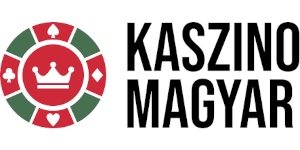The transmission of the causative agent of the disease COVID-19 (coronavirus of severe acute respiratory syndrome-2, SARS-CoV-2) is realized through drip and contact mechanisms: through direct contact with the sick, either through indirect contact through the objects of the environment in which they are located, or the objects they were used with. In conditions of aerosol formation, transmission of infection by airborne dust is also possible. The virus can be transmitted to others from people who are asymptomatic or in the presymptomatic stage. According to the available data, children and adolescents may be less susceptible to infection, as well as a less striking clinical course of the disease compared to adults.
A meta-analysis of contact tracing studies (2) found that data from all studies showed a lower likelihood of infection through contact with sick children compared with co-adults (odds ratio [OR], 0.44; 95% confidence level). interval [CI], 0.29-0.68; n = 8; I2 = 63%), regardless of whether contact tracing was conducted only within the household (OR, 0.19; 95% CI, 0.10-0, 37; n = 3; I2 = 0%) or among all close contacts (OR, 0.63; 95% CI, 0.50-0.80; n = 5, I2 = 0%).
Comparative evidence on the characteristics of transmission of infection by children and adults in the published sources is extremely small / absent. Early case studies in France (3), Ireland (4) and Australia (5) indicate that children play a small role in the transmission chain in educational settings.
However, in a serological survey of a cluster of cases in secondary schools in France prior to distancing measures (6), pre-calculated infection rates were 92/240 (38%) among secondary school students, 23/53 (43%) among teachers and 16/27 (59%) among school staff (share of all respondents = 58%). In the same study, the proportion of seropositive persons of the number of study participants with an asymptomatic course of infection was 14% (29/209) It is believed that COVID-19 is characterized by a milder course in children, however, since the beginning of the pandemic, more and more reports have been received from countries in Europe and North America. about cases of multisystem inflammation, which has a number of signs of Kawasaki disease, as well as toxic shock syndrome.
Our Supporters
The causal relationship between this severe condition in children and adolescents and infection with the SARS-CoV-2 virus is still poorly understood.













